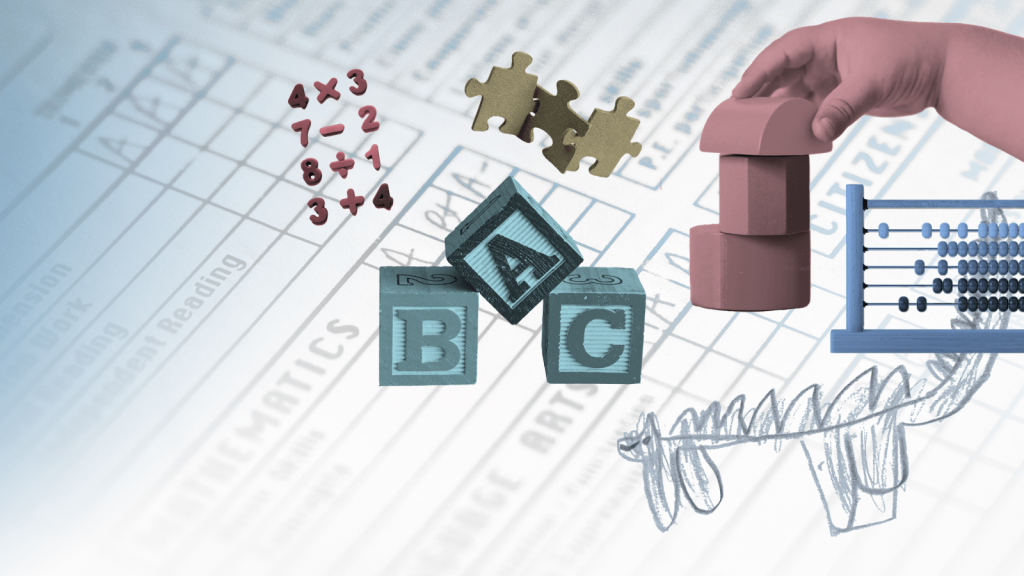The two most famous studies in early childhood education, the Perry Preschool Study in Michigan (in the 1960s) and the Abecedarian Project in North Carolina (in the 1970s), followed students into their adult years and both showed that children who go to preschool will thrive better, earn more money, be more likely to graduate from high school and be healthier than those who do not.
Two developmental psychologists, Nonie Lesaux and Stephanie Jones, professors at Harvard Graduate School of Education, wanted to know under which conditions preschoolers achieve best. Researchers have studied for a long time how kids grow and learn in high-quality preschool programs and found that they develop better math and literacy skills and have better social and emotional relationships than their peers who don’t attend. However, few is known about the results of less formal arrangements involving people like relatives, nannies, friends or neighbors.
According to a 2006 study by the National Institute of Child Health and Human Development, there is a significant correlation between high-quality child care and school readiness. Kids attending high-quality settings have bigger vocabularies and better early math and language abilities. Another recent research that analyzed 22 different studies published between 1960 and 2016 revealed that the benefits of early education have a lasting impact. Children enrolled in preschool are less likely to need special education classes or to repeat a grade, and more likely to graduate from high school.
The new Harvard study is of unprecedented scope. It will track students before and after elementary school, perhaps even until they reach adulthood. The scientists will examine students’ interactions with other children and adults, and measure their progress in math and language, as well as their cognitive, neurophysiological, social and emotional development.

Early Education (Harvard Gazette)
READ THE ORIGINAL ARTICLE



